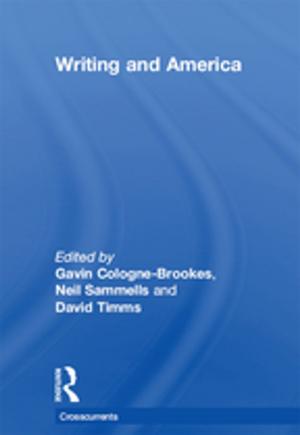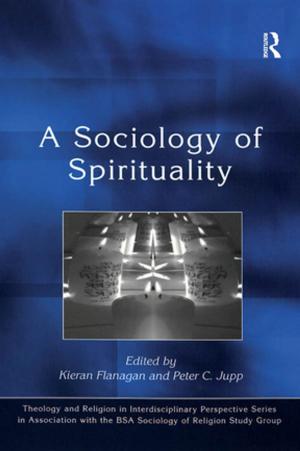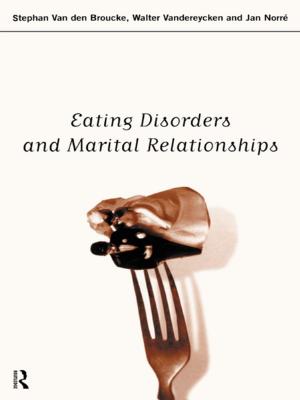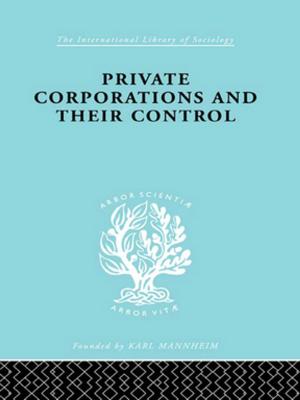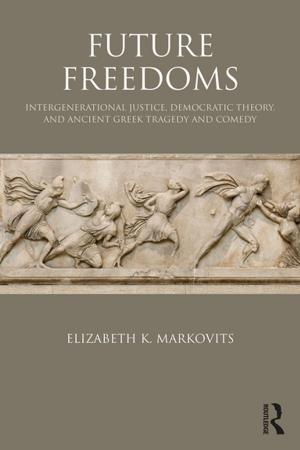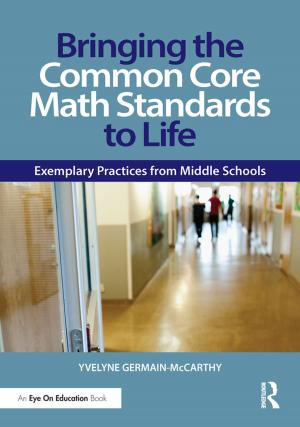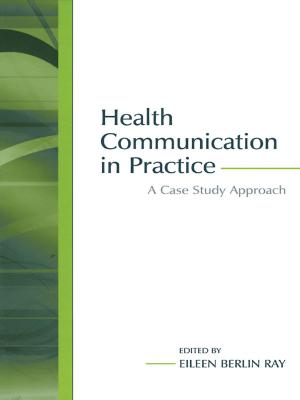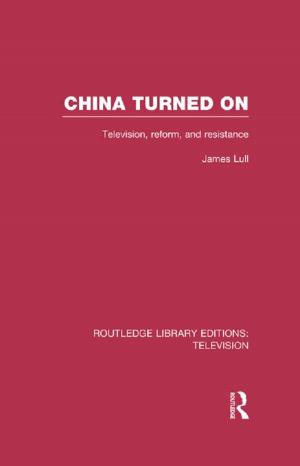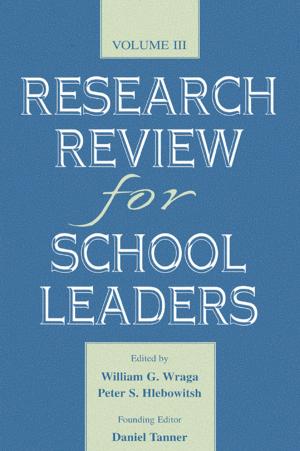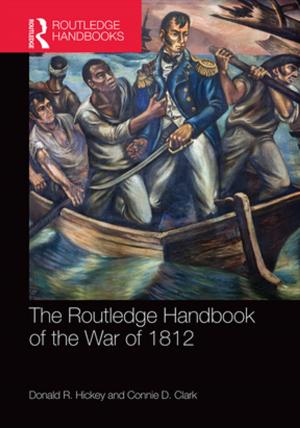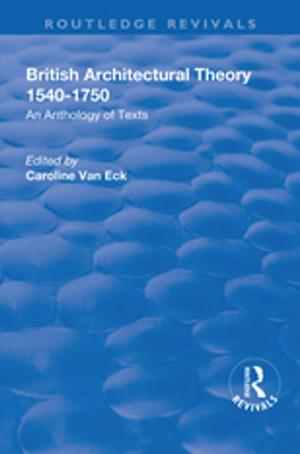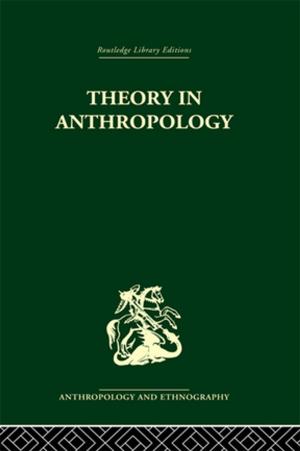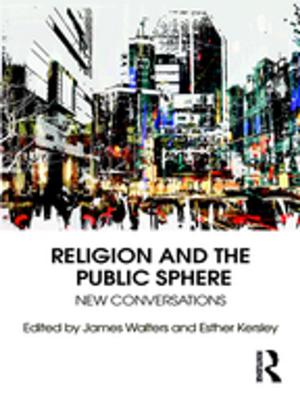Walsingham and the English Imagination
Nonfiction, Art & Architecture, General Art, Art History, Religious| Author: | Gary Waller | ISBN: | 9781317000600 |
| Publisher: | Taylor and Francis | Publication: | February 24, 2016 |
| Imprint: | Routledge | Language: | English |
| Author: | Gary Waller |
| ISBN: | 9781317000600 |
| Publisher: | Taylor and Francis |
| Publication: | February 24, 2016 |
| Imprint: | Routledge |
| Language: | English |
Drawing on history, art history, literary criticism and theory, gender studies, theology and psychoanalysis, this interdisciplinary study analyzes the cultural significance of the Shrine of our Lady of Walsingham, medieval England's most significant pilgrimage site devoted to the Virgin Mary, which was revived in the twentieth century, and in 2006 voted Britain's favorite religious site. Covering Walsingham's origins, destruction, and transformations from the Middle Ages to the present, Gary Waller pursues his investigation not through a standard history but by analyzing the "invented traditions" and varied re-creations of Walsingham by the "English imagination"- poems, fiction, songs, ballads, musical compositions and folk legends, solemn devotional writings and hostile satire which Walsingham has inspired, by Protestants, Catholics, and religious skeptics alike. They include, in early modern England, Erasmus, Ralegh, Sidney, and Shakespeare; then, during Walsingham's long "protestantization" from the sixteenth through nineteenth centuries, ballad revivals, archeological investigations, and writings by Agnes Strickland, Edmund Waterton, and Hopkins; and in the modern period, writers like Eliot, Charles Williams, Robert Lowell, and A.N. Wilson. The concluding chapter uses contemporary feminist theology to view Walsingham not just as a symbol of nostalgia but a place inviting spiritual change through its potential sexual and gender transformation.
Drawing on history, art history, literary criticism and theory, gender studies, theology and psychoanalysis, this interdisciplinary study analyzes the cultural significance of the Shrine of our Lady of Walsingham, medieval England's most significant pilgrimage site devoted to the Virgin Mary, which was revived in the twentieth century, and in 2006 voted Britain's favorite religious site. Covering Walsingham's origins, destruction, and transformations from the Middle Ages to the present, Gary Waller pursues his investigation not through a standard history but by analyzing the "invented traditions" and varied re-creations of Walsingham by the "English imagination"- poems, fiction, songs, ballads, musical compositions and folk legends, solemn devotional writings and hostile satire which Walsingham has inspired, by Protestants, Catholics, and religious skeptics alike. They include, in early modern England, Erasmus, Ralegh, Sidney, and Shakespeare; then, during Walsingham's long "protestantization" from the sixteenth through nineteenth centuries, ballad revivals, archeological investigations, and writings by Agnes Strickland, Edmund Waterton, and Hopkins; and in the modern period, writers like Eliot, Charles Williams, Robert Lowell, and A.N. Wilson. The concluding chapter uses contemporary feminist theology to view Walsingham not just as a symbol of nostalgia but a place inviting spiritual change through its potential sexual and gender transformation.

